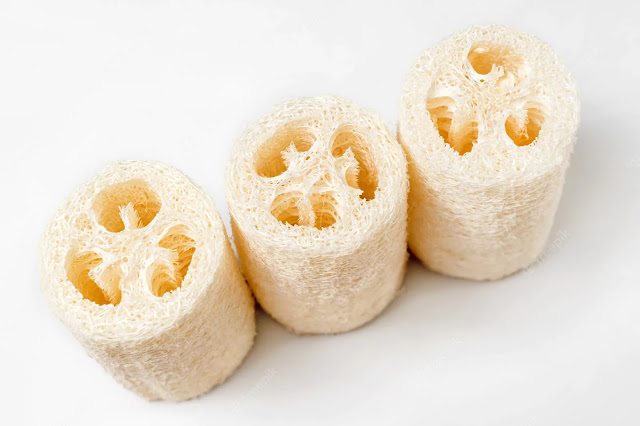Hydrogel has become a promising material in many applications, as it can be adapted for use in energy and environmental areas, including sustainable water collection and purification techniques. However, the current impediment to the diffusion of this technology is the low rate of production.
In order to overcome this challenge, a team from Princeton University of the United States developed hydrogella that is responsive to temperature change, inspired by the installation of a natural shower "Love".
This hydrogel is capable of absorbing contaminated water from any source at normal temperatures, purifying it by solar energy, and with temperature raising it can release clean water in only 10 minutes and even in cloudy weather conditions, at a rate sufficient to meet daily needs.
The results of the study were published on February 8 in ACS Central Science, published by the American Chemical Society.
High porosity inspired by Love Shower
Researchers have suggested that sunlight-induced evaporation may be an economically inexpensive way to purify water, but this technique does not work with acceptable efficiency when the weather is cloudy.
In particular, hydrogel responders to temperature change such as poly-in-isopropyl acrylamide (PNIPAm) can be one solution to overcoming this problem and leveraging this technology to achieve the sixth United Nations Sustainable Development Goal, "Ensuring clean water and hygiene for all".
This polymer is one of the easiest to respond to temperature change in operation, absorbing water at low and moderate temperatures and releasing it easily once lifted. However, the traditional "poly-in-isopropylacrylamide", because it is not available on pores, is unable to produce a quantity of clean water sufficient for an individual's daily needs.
Because it is scientifically proven to be the expulsive relationship between porosity and fluid flow, the aim was to prepare a substance characterized by high porosity and resistance to obstruction. The team designed hydrogela based on the heat-responsive polymer "poly-in-isopropylacrylamide".



Comments
Post a Comment